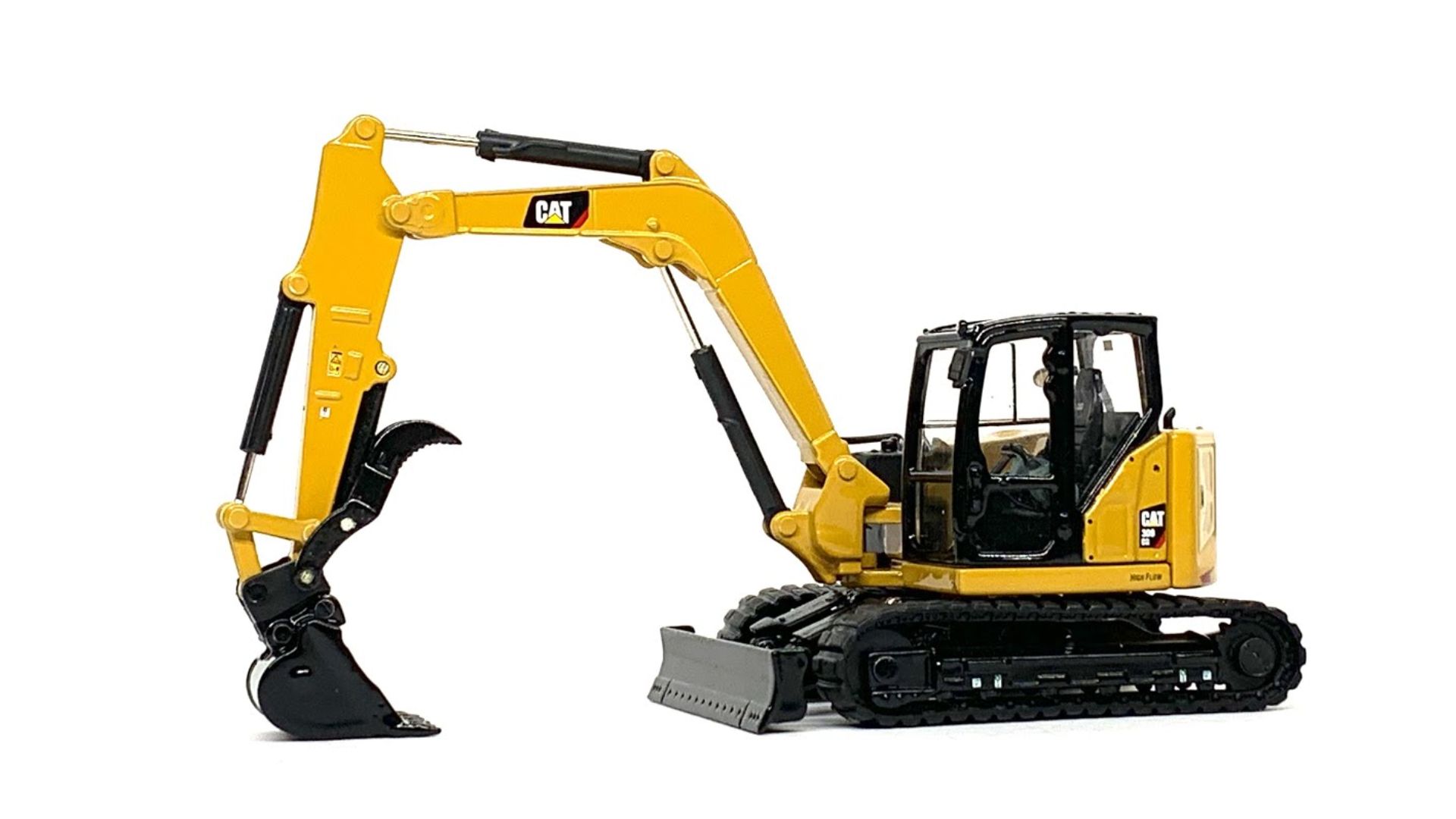
Excavators are essential machines for construction, landscaping, and earthmoving projects. They come in different sizes, with mini excavators and full-sized excavators being the most common choices. Selecting the right type depends on the project’s scale, terrain, and operational requirements. Understanding their differences will help you make an informed decision.
What is a Mini Excavator?
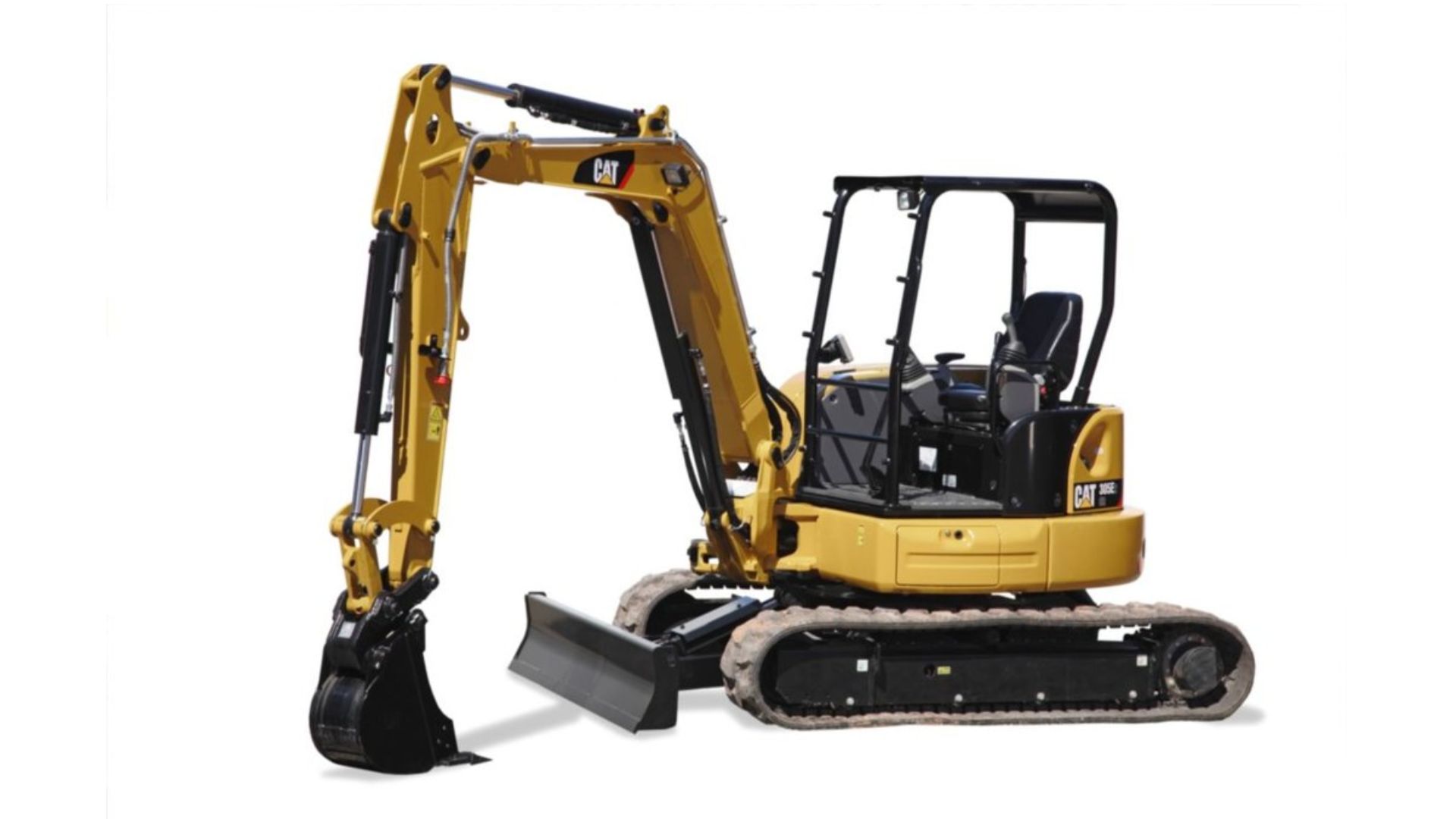
A mini excavator, also known as a compact excavator, is a small, lightweight machine designed for tasks that require precision and maneuverability. It is commonly used in urban construction sites, landscaping, and small-scale digging projects.
Key Features and Benefits of Mini Excavators
- Compact Size: Ideal for projects with limited space, such as residential areas and indoor demolition.
- Easy Transportability: Lighter weight makes it easier to transport between job sites using a trailer or a small truck.
- Minimal Ground Damage: Designed to work on soft terrain without causing excessive damage to surfaces.
- Versatile Attachments: Can be equipped with buckets, augers, hydraulic breakers, and grapples for various applications.
- Fuel Efficiency: Uses less fuel compared to larger machines, reducing operational costs.
Best Uses for Mini Excavators
- Digging trenches for plumbing and electrical lines
- Small-scale demolition work
- Landscaping and tree removal
- Foundation work for residential buildings
- Working in tight or confined spaces
What is a Full-Sized Excavator?
A full-sized excavator is a heavy-duty machine built for large-scale construction and earthmoving operations. It offers more power, reach, and lifting capacity compared to a mini excavator.
Key Features and Benefits of Full-Sized Excavators
- Greater Power and Capacity: Can handle deep digging, heavy lifting, and large-scale material movement.
- Increased Reach and Depth: Suitable for deep foundation work and extensive excavation projects.
- Heavy-Duty Attachments: Can be fitted with buckets, hammers, and rippers for tasks like rock breaking and mining.
- Stability on Rough Terrain: Works efficiently in tough environments such as mountains, quarries, and large construction sites.
- Higher Productivity: Capable of completing large jobs faster and more efficiently.
Best Uses for Full-Sized Excavators
- Large-scale construction and commercial development
- Digging deep foundations and basements
- Road construction and bridge work
- Mining and quarry operations
- Large-scale material handling and land clearing
Mini Excavator vs. Full-Sized Excavator: Which One Should You Choose?
- If your project involves working in tight spaces, urban areas, or small-scale tasks, a mini excavator is the ideal choice.
- If you need to handle large volumes of material, dig deep foundations, or work on rough terrains, a full-sized excavator is more suitable.
- Budget, transportation, and fuel consumption also play a role in selecting the right excavator for your project.
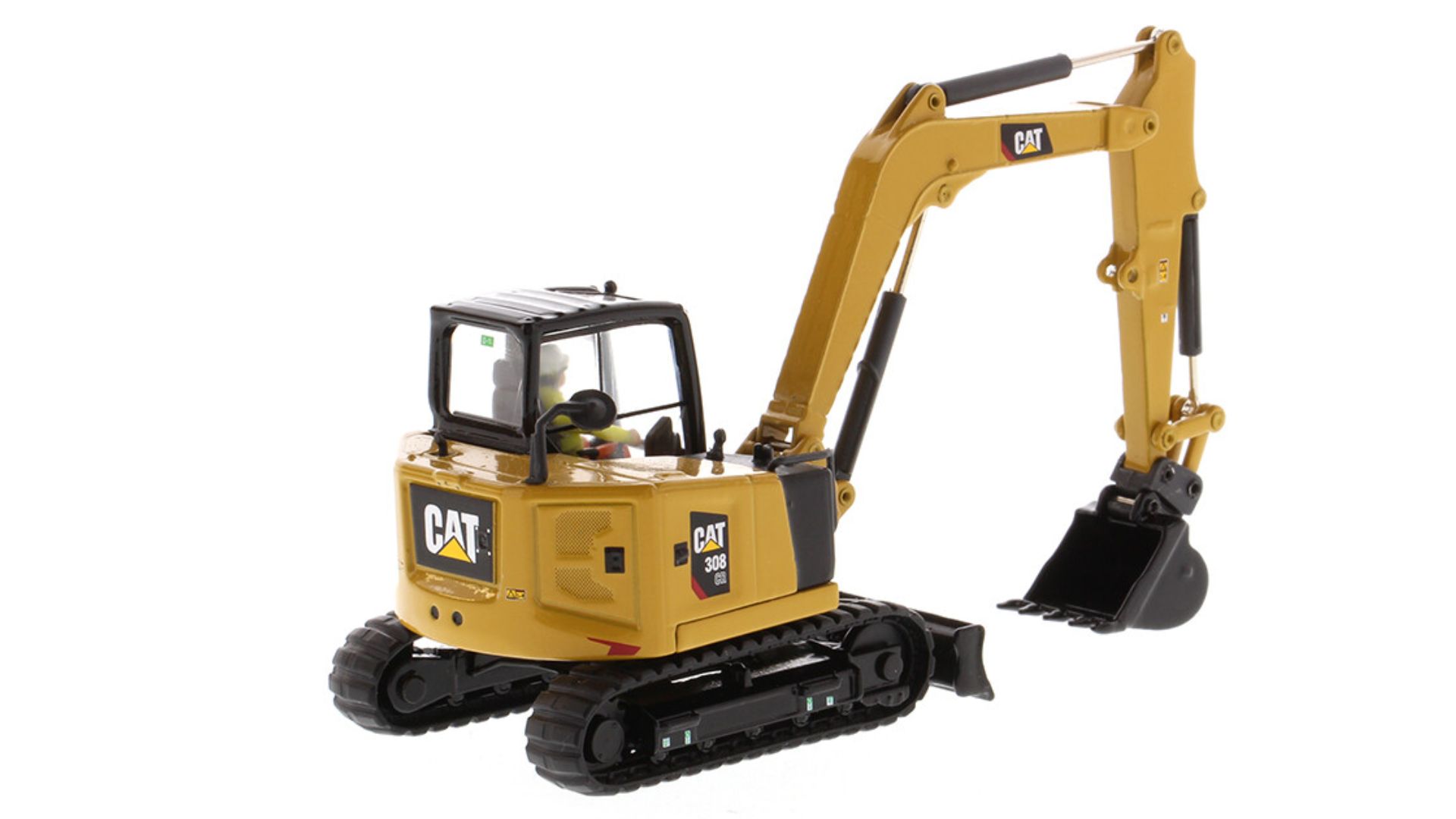
Conclusion
Choosing between a mini excavator and a full-sized excavator depends on the scale and complexity of your project. If you need high-quality excavators for rent in Dubai, White Field General Transport offers a range of well-maintained machines to meet your specific needs. With their expertise in mini excavators rental Dubai, they provide reliable and cost-effective solutions for all construction projects.

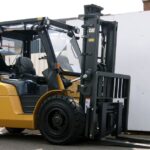

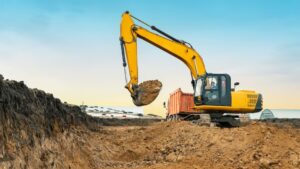
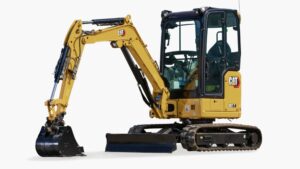
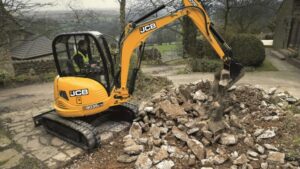
No comment yet, add your voice below!